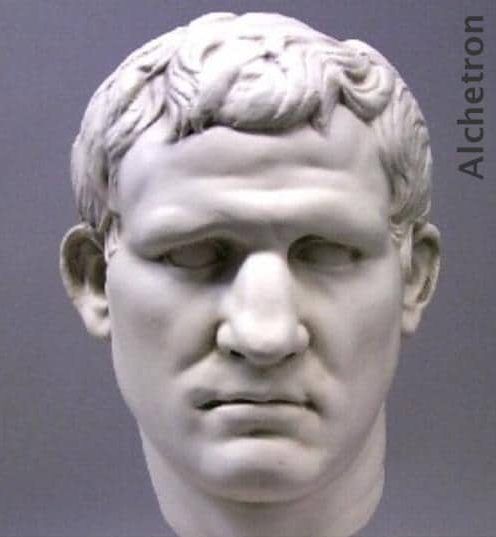
King Herod enjoyed playing to an audience, though the part he played was brutal and murderous. He executed James, brother of the apostle John. This pleased the Jews, so Herod went after Peter too. But God had said, ‘Touch not mine anointed’ (Psalm 105:15). The Lord Jesus warned that whoever offended one of these ‘little ones’ that believed in him, it would be better for that person if a millstone were hung about his neck and that he were drowned in the depth of the sea (Matthew 18:6). Strong words indeed! Soon Herod would pay the price for his malice and arrogance against God. The angel of the Lord struck him down. He was eaten by worms and died (Acts 12:23).
Saul of Tarsus was venomous against the Christians, perhaps even more so than Herod. Herod was an opportunist; Saul, on the other hand, was dedicated to the eradication of the followers of Christ. He marshaled all his efforts to their destruction (Acts 8:1). He ranted and raved against them and resolved to put his threats into action (Acts 9:1). He obtained permission from the authorities to harry and persecute God’s ‘little ones’ some more. Some fled to Damascus. He pursued them so none would escape. Then, on the road to Damascus, he too was met by the angel of the Lord. The angel slew him there and then.
Well, not quite. But why not? Why did Saul not meet the same end as his contemporary Herod? Both men did great harm to the young church. Indeed, Saul’s premeditated oppression was designed to strangle the young church at birth (Galatians 1: 13). He might have succeeded had God not overruled and used his persecution to disperse believers throughout the world and thereby spread the gospel (this may be the reason for Paul’s claim to be ‘the chief of sinners’).
Both these men, in positions of authority and influence, abused their power and sinned against their fellow man and against Almighty God. Both were guilty of heinous crimes. Judgement fell suddenly upon Herod and he was slain by God. But Saul, equally eligible for swift judgement as he ‘breathed slaughter’ against God’s people, was met by the Lord on the road to Damascus, convicted of his sin, wonderfully saved and appointed to be an apostle and messenger of the very faith he had eschewed. Why the difference? Simply that God loved Saul and out of a heart of love and mercy God determined to save Saul, convert him by grace and send him out into the world as enthusiastically committed to the cause of Christ as he had been opposed to it before he was saved.

Yet justice will be done (Deuteronomy 32:4). There was no injustice with God when he slew Herod and saved Saul (Acts 22:14). Herod’s sins were great and he paid the appropriate price both of his evil works against our holy God and his specific abuse of God’s anointed people (Romans 12:19 – let the offender beware!). Equally, Saul’s sins were great, but Saul was a chosen vessel (Acts 9:15). As such he had a Surety, one who unilaterally made himself responsible for Saul’s debts of sin against God’s law. As Saul’s long account of evil deeds and disobedience came before God, Christ stood forth to represent the guilty sinner. Christ died for the sins of his people. His blood, though innocent, was shed. The price of atonement for sin was paid by this great Substitute and Saul went free, saved by grace in the courtroom of God’s justice. When the Lord Jesus died he carried Saul’s sins and bore them in his own body. He removed them forever from before God’s justice.
By faith Saul, soon to become Paul, received the benefits of Christ’s completed work: forgiveness of sins and inheritance among they which are sanctified by faith (Acts 26:18). On the road to Damascus Saul met Christ, his Substitute before the righteous God. Because of the atoning work of Christ Saul would have no account to answer for, nor any debt outstanding. Christ paid it all.









